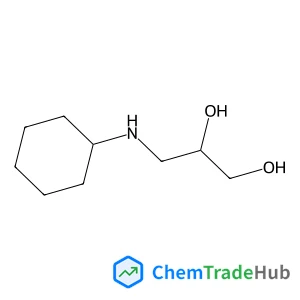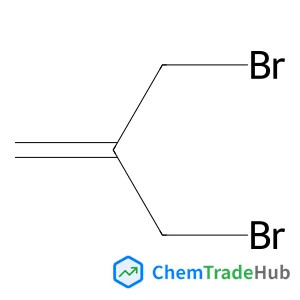Proton transfer kinetics of transition metal hydride complexes and implications for fuel-forming reactions
Literature Information
Charlotte L. Montgomery, Jaruwan Amtawong, Aldo M. Jordan, Daniel A. Kurtz, Jillian L. Dempsey
Proton transfer reactions involving transition metal hydride complexes are prevalent in a number of catalytic fuel-forming reactions, where the proton transfer kinetics to or from the metal center can have significant impacts on the efficiency, selectivity, and stability associated with the catalytic cycle. This review correlates the often slow proton transfer rate constants of transition metal hydride complexes to their electronic and structural descriptors and provides perspective on how to exploit these parameters to control proton transfer kinetics to and from the metal center. A toolbox of techniques for experimental determination of proton transfer rate constants is discussed, and case studies where proton transfer rate constant determination informs fuel-forming reactions are highlighted. Opportunities for extending proton transfer kinetic measurements to additional systems are presented, and the importance of synergizing the thermodynamics and kinetics of proton transfer involving transition metal hydride complexes is emphasized.
Related Literature
IF 6.367
Developing a novel high performance NaNbO3-based lead-free dielectric capacitor for energy storage applicationsIF 6.367
Recent developments in carbon nitride based films for photoelectrochemical water splittingIF 6.367
A model-based comparison of Ru and Ni catalysts for the Sabatier reactionIF 6.367
Contents listIF 6.222
Enhanced power performance of an in situ sediment microbial fuel cell with steel-slag as the redox catalyst: I. electricity generationIF 6.367
Sensitive and specific detection of tumour cells based on a multivalent DNA nanocreeper and a multiplexed fluorescence supersandwichIF 6.222
Effective utilisation of waste cooking oil in a single-cylinder diesel engine using alumina nanoparticlesIF 6.367
Three-terminal III–V/Si tandem solar cells enabled by a transparent conductive adhesiveIF 6.367
Synthesis and hydrogen evolving catalysis of a panchromatic photochemical molecular deviceIF 6.367
Source Journal
Chemical Society Reviews

Chem Soc Rev publishes review articles covering important topics at the forefront of the chemical sciences. Reviews should be of the very highest quality and international impact. We particularly encourage international and multidisciplinary collaborations among our authors. Our scope covers the breadth of the chemical sciences, including interdisciplinary topics where the article has a basis in chemistry. Topics include: Analytical chemistry Biomaterials chemistry Bioorganic/medicinal chemistry Catalysis Chemical Biology Coordination Chemistry Crystal Engineering Energy Sustainable chemistry Green chemistry Inorganic chemistry Inorganic materials Main group chemistry Nanoscience Organic chemistry Organic materials Organometallics Physical chemistry Supramolecular chemistry Synthetic methodology Theoretical and computational chemistry
Recommended Compounds
Recommended Suppliers
 Zefa-Laborservice GmbH
Zefa-Laborservice GmbH ARGUS Umweltbiotechnologie GmbH
ARGUS Umweltbiotechnologie GmbH Silver Heaven Chemical Co., Ltd.
Silver Heaven Chemical Co., Ltd. Berghof GmbH
Berghof GmbH Shanghai Shengyi Biotechnology Co., Ltd.
Shanghai Shengyi Biotechnology Co., Ltd. Maschinen Metscher
Maschinen Metscher Wuxi Jayee Chemical Co., Ltd.
Wuxi Jayee Chemical Co., Ltd. Taihuang Lanfeng Chemical Co., Ltd.
Taihuang Lanfeng Chemical Co., Ltd. Hobré Instruments bv
Hobré Instruments bv










![224-53-3 - Dibenzo[c,h]acridine 224-53-3 - Dibenzo[c,h]acridine](/structs/224/224-53-3-97c9.webp)



